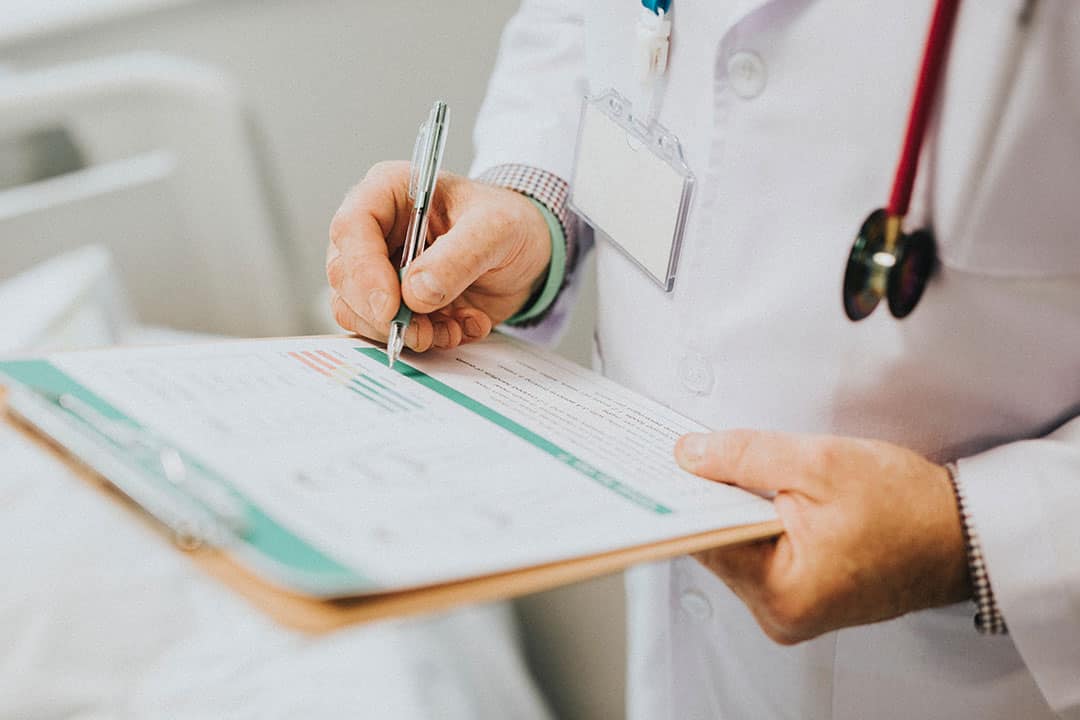Many suffer from illnesses which can either be easy or difficult to diagnose. Doctors often face difficulties in diagnosing a disease because of the symptoms that these diseases and illnesses show.
Specifically, misdiagnosis is when the doctor tells you that you this disease but it’s incorrect. On the other hand, a missed diagnosis happens if no treatment is prescribed to the patent.
To help you avoid any of the two scenarios, here are some of the most common diseases and conditions which are misdiagnosed by physicians.
1. Cancer
According to research, patients are misdiagnosed with cancer 44% of the time. Cancer can be misdiagnosed because of the following:
- Results after a physical routine examination;
- Results from cancer screening and laboratory tests;
- Symptoms are misdiagnosed;
- Inability to take and look into the detailed history of the patient;
- Improper performance and screening of radiological test; or
- Miscommunication between doctors, medical staff, or laboratories.
If you have been misdiagnosed with cancer, chances are you may have inoperable cancer or even premature death. Those who undergo medications can also experience scarring and disfigurement, severe physical pain, or long-term or permanent disability.
Therefore, individuals misdiagnosed with any type of cancer can demand compensation in order to cover for their current and future medical bills. Patients may also demand compensation for rehabilitation and surgeries, long-term disability, and even burial expenses.
2. Heart Attack
According to research, a third of the heart attack patients are misdiagnosed. Statistics show that women are misdiagnosed 50% more than men, especially during the early stages of diagnosis.
The majority of patients who suffer from heart attack experience either STEMI or NSTEMI. STEMI is when a coronary artery of the patient that supplies oxygenated blood to the heart is blocked. Moreover, an NSTEMI is when one or more arteries are partially blocked.
Considering that correct initial diagnosis can prevent further health damage or even death, doctors and hospital staff are advised to carry out a troponin test. This is critical to reducing the risks in misdiagnosis of cardiac problems.
3. Stroke
A stroke happens to a person when the blood flow to the brain is interrupted, which results to lack of oxygen in the brain due to a rupture or blockage in an artery or arteries to the brain. This can then cause abnormal brain functions or death of brain cells.
A transient ischemic attack is often misdiagnosed as a stroke. The transient symptoms of this illness must be treated immediately to avoid further damage to the patient.
It is critical for stroke to be diagnosed properly and immediately in order to avoid the following incidents:
- Brain injury
- Seizure
- Paralysis
- Severe stroke
- Memory problems
- Death
Patients and healthcare practitioners must ensure that proper health history is gathered and shared in order to ensure a thorough diagnosis. Doctors and other healthcare practitioners must also recognize the early warning signs of a stroke, even for a mini-stroke.
4. Depression
Depression is also a common disorder misdiagnosed around the globe. Clinicians and the public mistaken depression for the following:
- Bipolar Disorder
Patients with bipolar disorder often experience the same symptoms for those who have depression. Hopelessness, worthlessness, and even suicidal thoughts are symptoms for these disorders.
However, unlike depression, individuals with bipolar disorder experience high or low periods of confidence and productivity. Those who have bipolar disorder often do not recognize their illness because of the mania they experience.
- Chronic Fatigue Syndrome
This is also known as systemic exertion intolerance disease which causes someone to feel extreme fatigue without any cause. Muscle pain, inability to focus and sleep problems are also signs of chronic fatigue syndrome.
Therefore, if you or anyone you know is treated with depression and still doesn’t feel better, make sure to get another opinion for your illness as there are other disorders that mimic symptoms of depression.
If you are unsure of the diagnosis of your first and second doctor, don’t hesitate to ask for a third or even fourth opinion. Be an informed patient and help your doctors identify your illness by providing accurate information.

